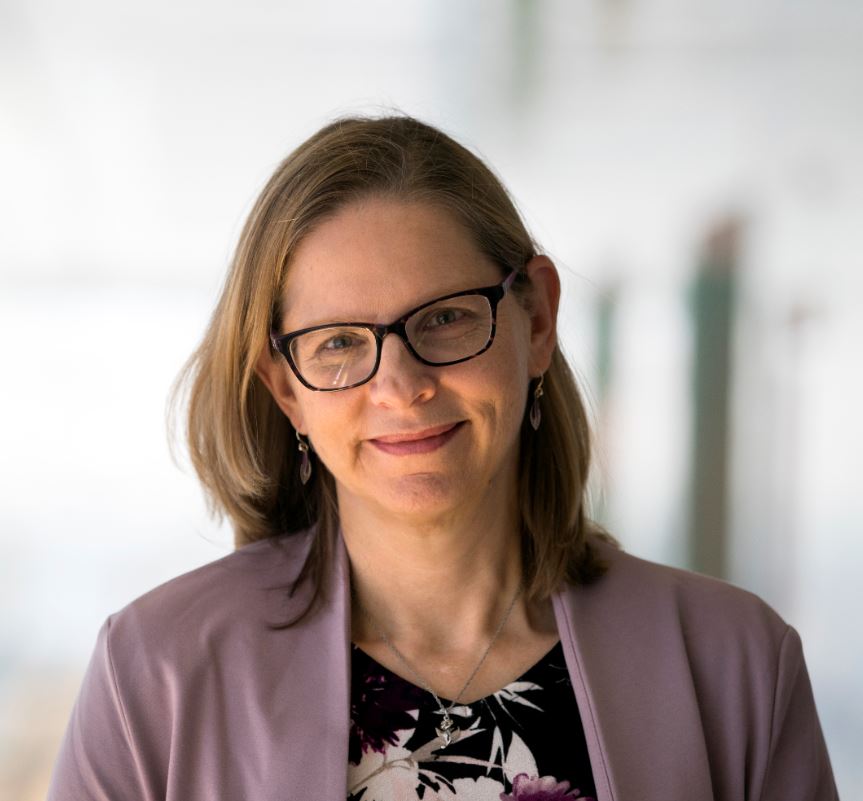“Rethinking America’s Urban Water Infrastructure: Resource Efficiency, Access and Public Health,” will be the topic of the American Academy of Environmental Engineers and Scientists 2019 Kappe Lecture on Oct. 30 at Wilkes University. The lecture will be delivered by Nancy G. Love, professor of civil and environmental engineering at the University of Michigan. The event begins at 7 p.m. in the Henry Student Center Ballroom, 84 W. South St., Wilkes-Barre. The lecture is hosted by the Wilkes University Department of Earth and Environmental Science and presented in cooperation with the Keystone NE Chapter of the Pennsylvania Society of Professional Engineers, Keystone College, King’s College and the University of Scranton and is free and open to the public.
Love will explore how the development of information technology-enabled “smart” hybrid water system solutions has the potential to improve more efficient use of resources, enhance equitable access to water services, change consumer and provider behavior around water and ensure a high level of public health, as more people live in close proximity to each other.
Love is the Borchardt and Glysson Collegiate Professor in the Department of Civil and Environmental Engineering at University of Michigan. She also serves as adjunct Professor at Addis Ababa University Institute of Biotechnology, Ethiopia. Love earned her B.S. and M.S. degrees in Civil Engineering with an emphasis on Environmental Engineering from the University of Illinois, Urbana-Champaign and a Ph.D. degree in Environmental System Engineering from Clemson University. She works at the interface of water, infrastructure and both public and environmental health in both domestic and global settings.
About the Kappe Lecture Series
The American Academy of Environmental Engineers and Scientists inaugurated the Kappe Lecture Series in 1989 to share knowledge of today’s practitioners with tomorrow’s environmental engineers and scientists. The project was inspired by a grant from the estate of Stanley E. Kappe, P.E., DEE, who served as the academy’s executive director from 1971 to 1981.






